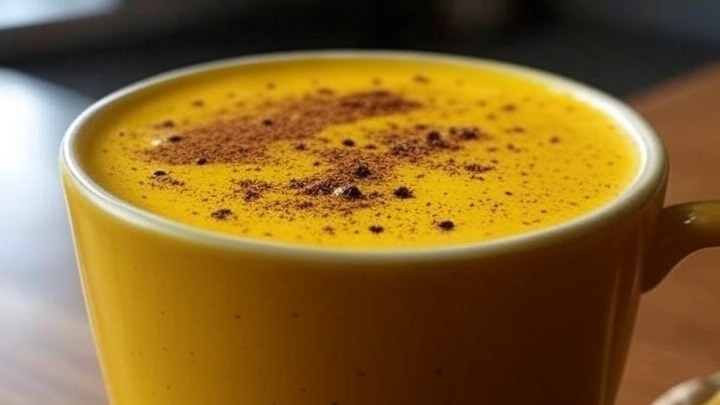Traditional Indian remedies once dismissed as outdated are now returning from the West—rebranded, bottled, and sold back at eye-watering markups, sparking fresh calls to reclaim cultural identity and heritage.
In a LinkedIn post, Aarti Sheth Cooper, co-founder of a Mumbai-based branding company, slammed the global wellness industry for what she calls the “colonial rebranding” of Indian health traditions.
“What your dadi called a nuskha… is now sitting on a luxury wellness shelf for ₹1,200,” she wrote, pointing to turmeric milk, amla juice, and ashwagandha as prime examples.
Cooper criticized the pattern of Indian ingredients being exported, repackaged abroad, and reintroduced into Indian markets as premium wellness products.
“Haldi doodh,” she noted, “is now called golden milk at Starbucks,” where a ₹20 home remedy transforms into a ₹500 café trend. Amla juice? Once a household staple, it’s now a high-priced “super shot” in elite stores like Erewhon.
Even Ayurvedic staples like neem paste, shatavari, and makhana have followed this path—dismissed locally, then celebrated once they wear international labels.
“For decades, we’ve mocked the nuskhas,” Cooper lamented. “Now we clap when they come back foreign-branded.”
She warned of the long-term impact of outsourcing validation: “If we don’t, someone else will… and then our identity won’t feel like ours anymore.”
One user echoed the sentiment: “If we keep waiting for the West to validate it, we’ll keep buying back our legacy at a markup.”
Cooper called for a shift—not just in perception but in agency. “It’s time we stop waiting for approval and start shaping our own legacy.”







